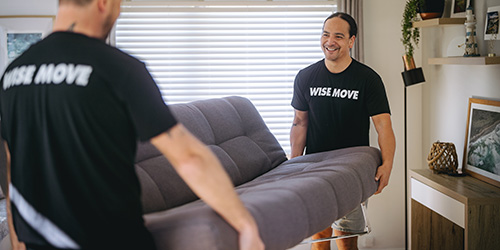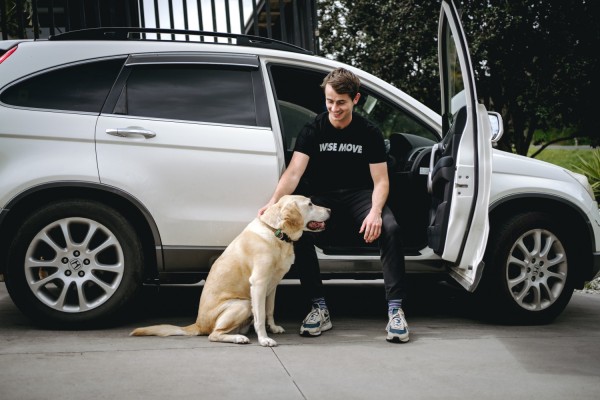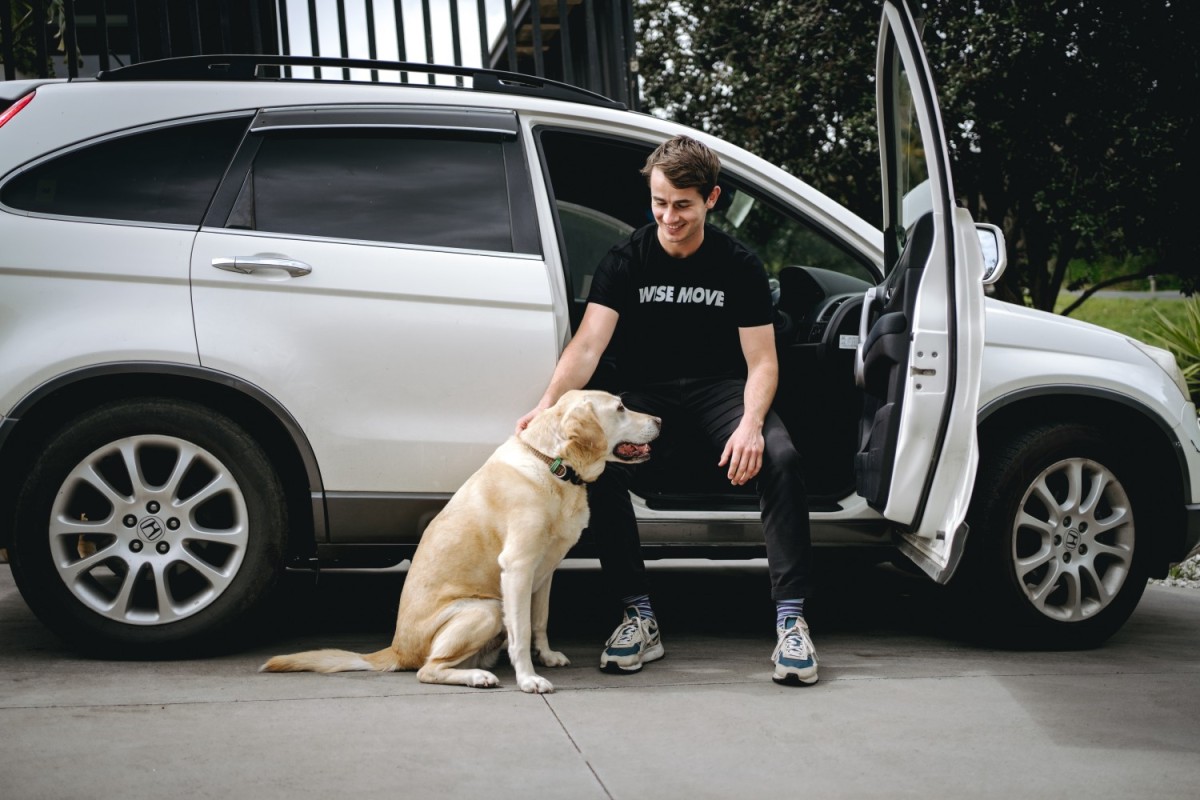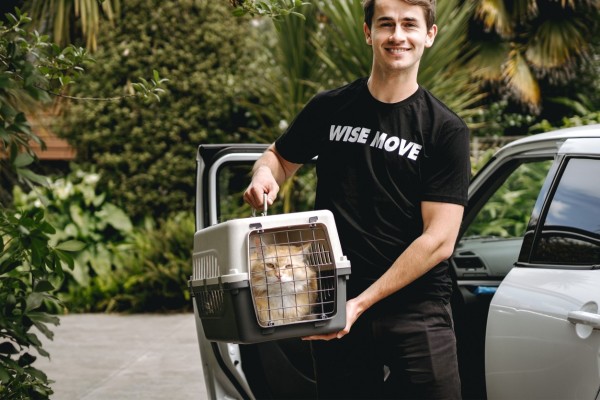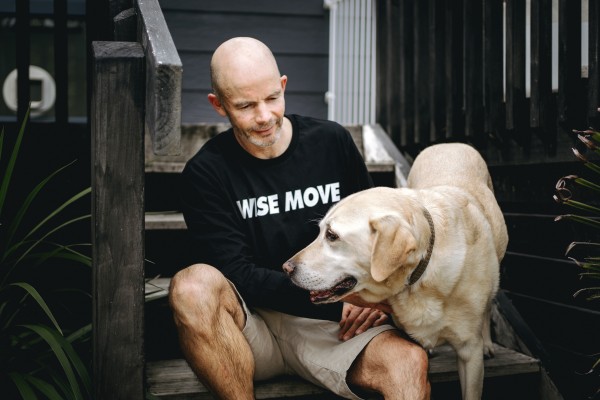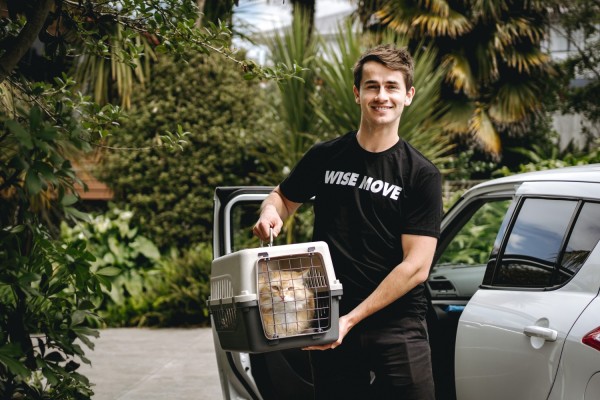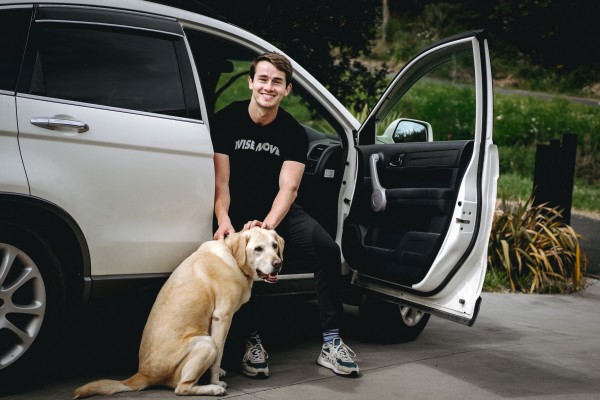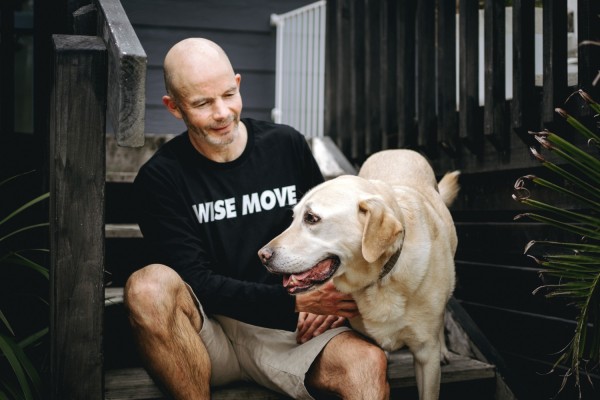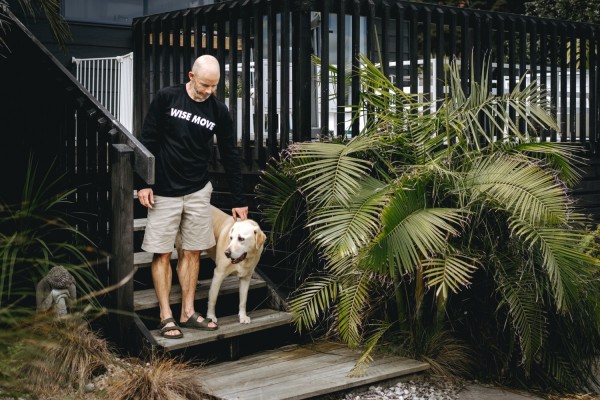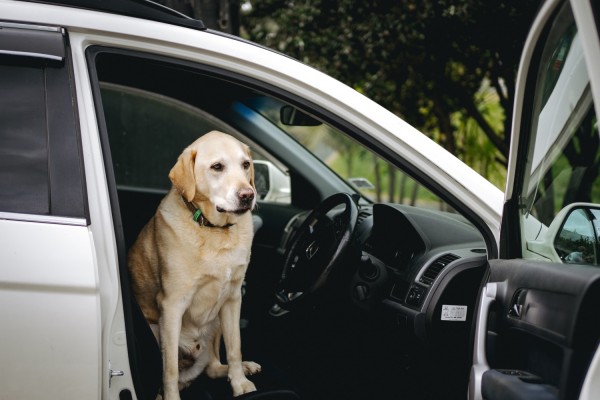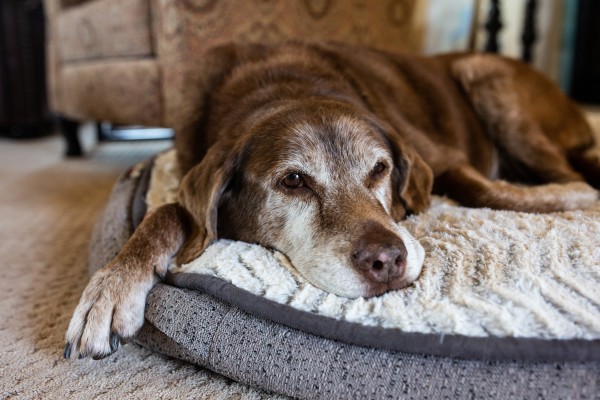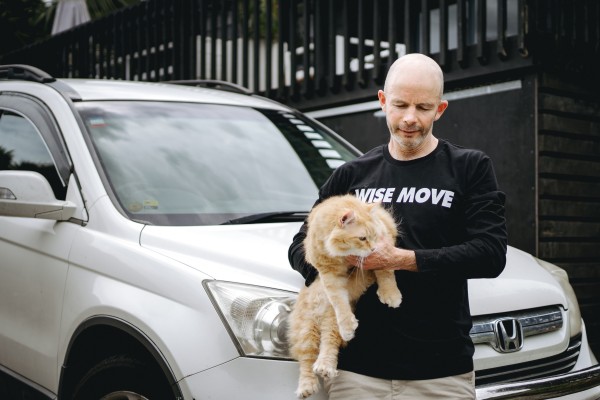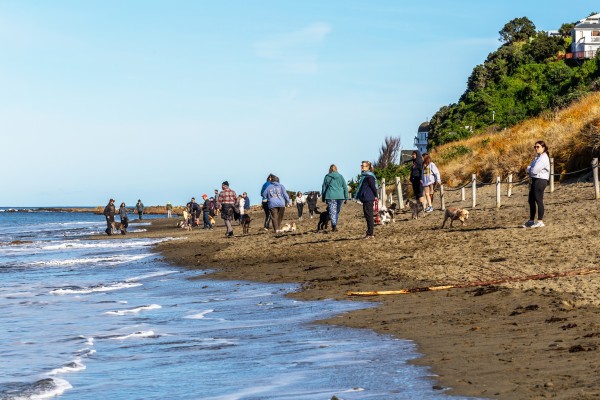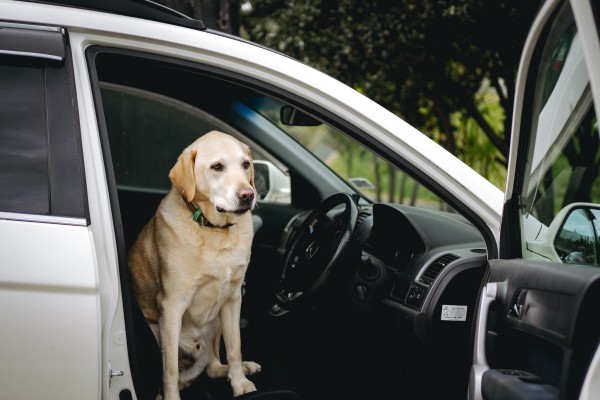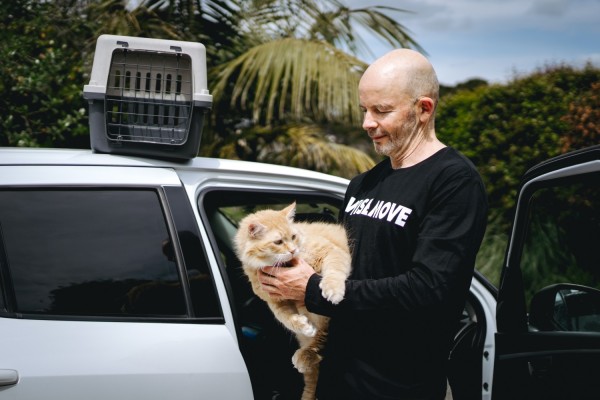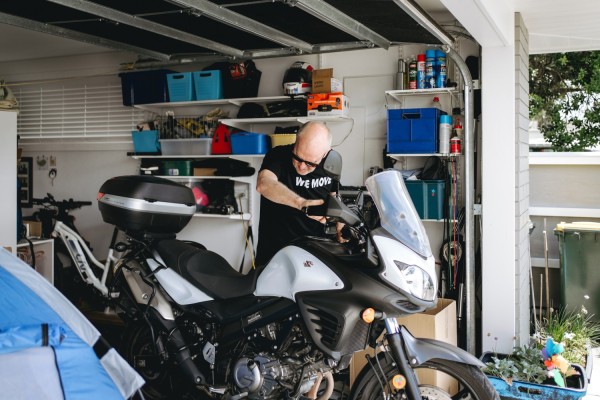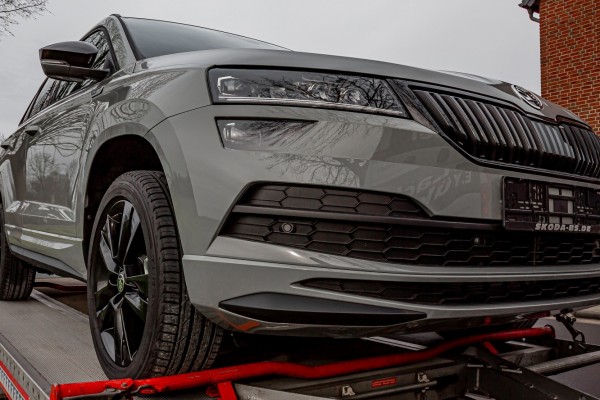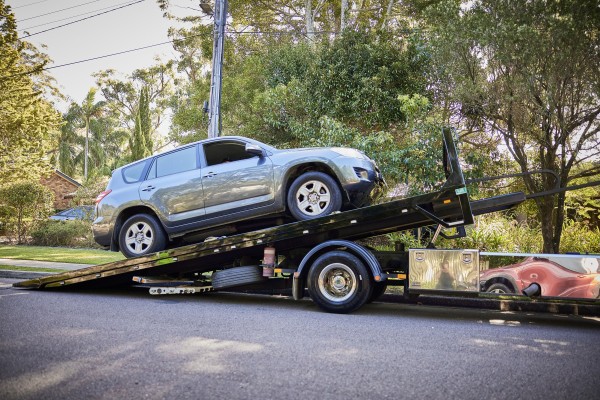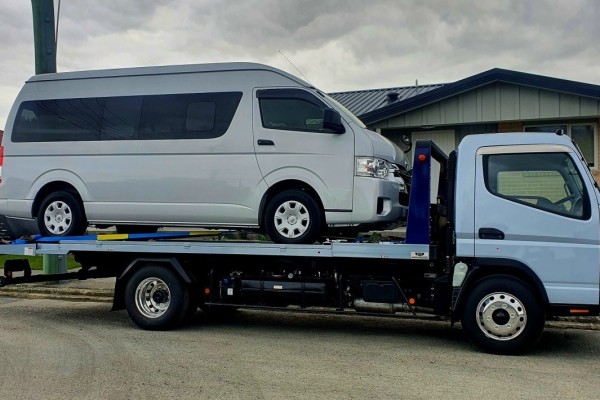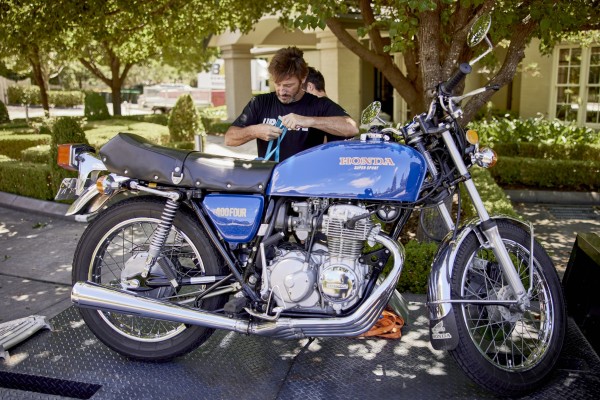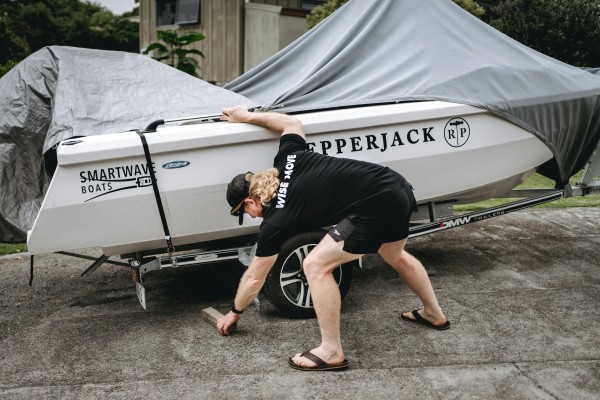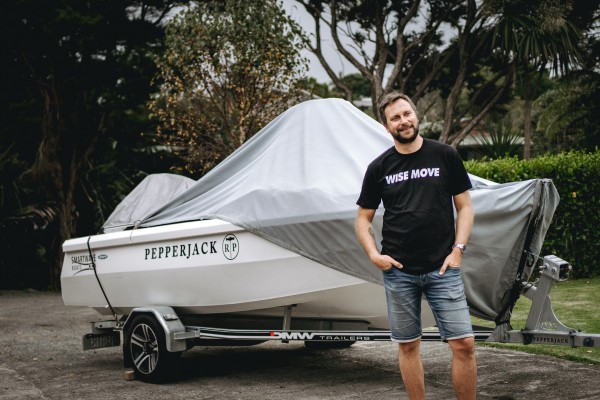Feeding Your Pet For Transport
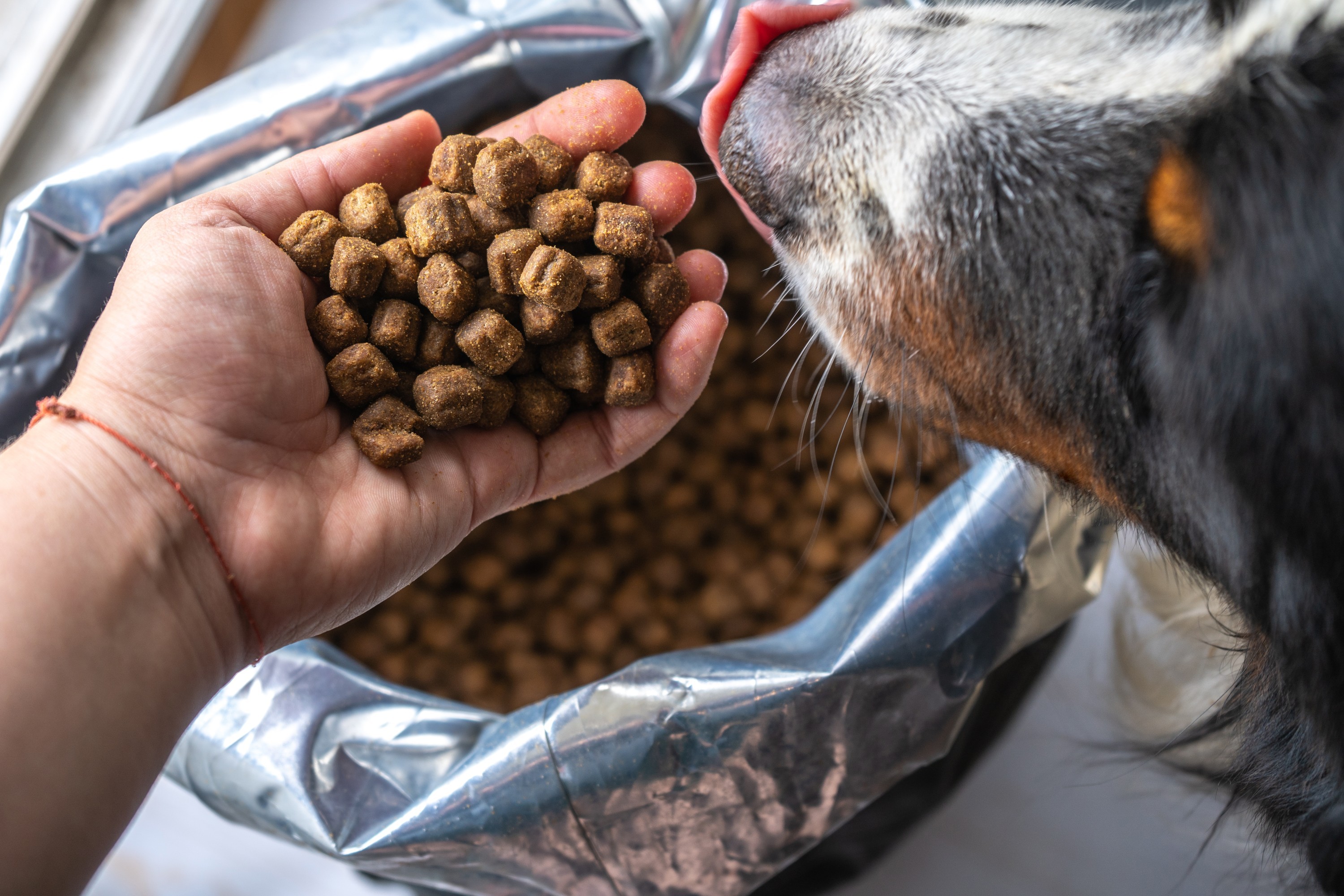
Food is one of your pet's basic necessities. When transporting your pet, mealtimes are often disrupted, and your pet's food requirements may change. Additionally, too much or too little food can cause digestive problems and create a more stressful transport experience for your furry friend.
This article will discuss how to feed your pet before, during, and after transport. We'll also look at the importance of hydration and how to ensure your pet has appropriate access to their basic needs.
Before the Trip
Understanding how to feed your pet before transport is an essential part of setting them up for a successful trip. While you don't want your pet to go hungry, transporting your pet with a full stomach can lead to various problems.
Transport stress can lead to digestive issues such as vomiting or diarrhoea. If your pet has recently eaten a large meal, your pet can be at increased risk of experiencing these issues during their trip. Additionally, feeding too close to the transport time may leave your pet needing a bathroom break in the middle of their journey. Bathroom breaks are not always possible, and your pet may end up having an accident in their crate.
Adult pets should eat a small meal 2-4 hours before their trip. This will give them time to digest their food and use the bathroom before embarking on their journey. Keep in mind that feeding recommendations may vary based on your pet's unique needs and the length of their travel day.
Check with your transporter to see if your pet will be offered food during their trip and how long their expected travel time will be. Younger animals and pets with certain medical conditions may require more frequent meals.
If you have concerns about the best feeding plan for your pet, it is always best to consult with your veterinarian. Your vet can assess your pet's unique needs and help you develop an appropriate feeding plan based on your pet's travel schedule.
During the Trip
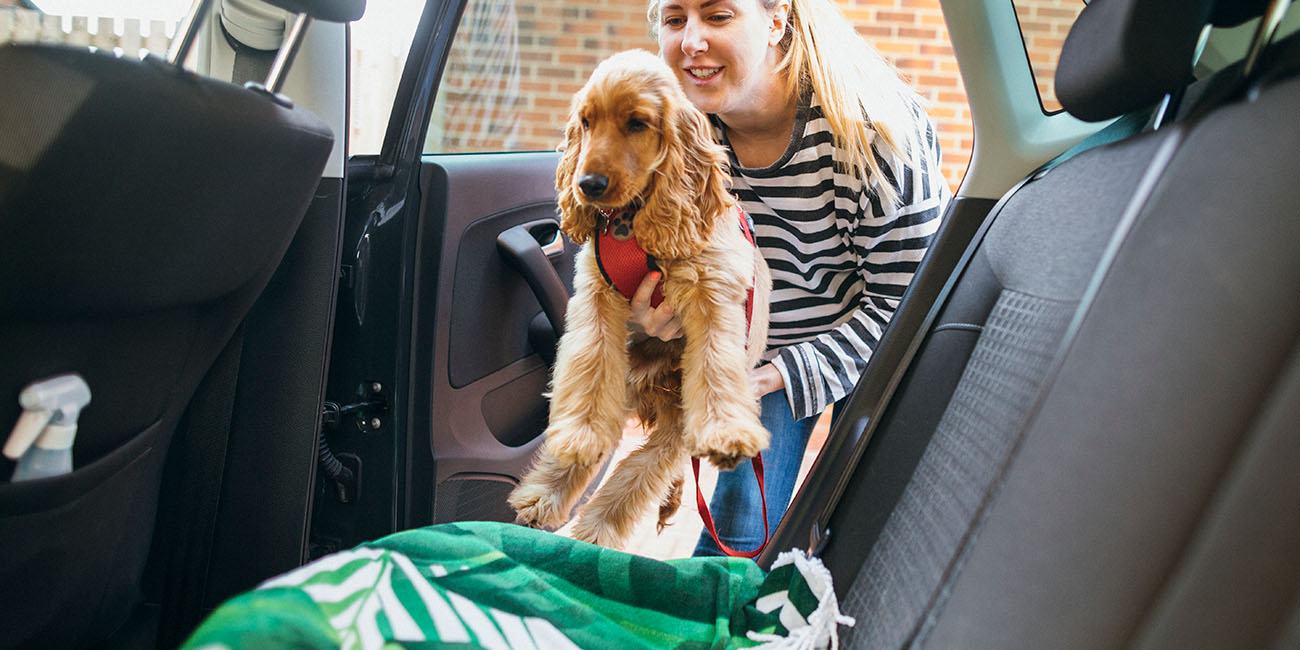 If your pet is travelling long-distance, they may need to eat during the trip. According to the New Zealand Code of Welfare, food and water must be provided as needed based on your pet's age, species, and any medical conditions. To determine if your pet will require food, consider their travel time and regular feeding schedule.
If your pet is travelling long-distance, they may need to eat during the trip. According to the New Zealand Code of Welfare, food and water must be provided as needed based on your pet's age, species, and any medical conditions. To determine if your pet will require food, consider their travel time and regular feeding schedule.
The Code of Welfare also states that any food provided during transport must be something your pet is familiar with. Because of this, most pet transporters require you to provide the food your pet will eat during the trip.
When sending food for your pet, always make sure the food container is clearly labelled with your pet's name and specific feeding instructions. You may also need to provide bowls for your pet to use during the trip. Keep in mind that loose bowls in a transport carrier can move and spill during the transport process. Ceramic and glass bowls are also at risk of breaking and causing significant harm to your pet.
The best way to feed your pet during transport is to use plastic or stainless steel bowls that can be secured to the door of the pet carrier. This reduces the risk of spilling and allows for easy monitoring of your pet's food intake during the trip.
After the Trip
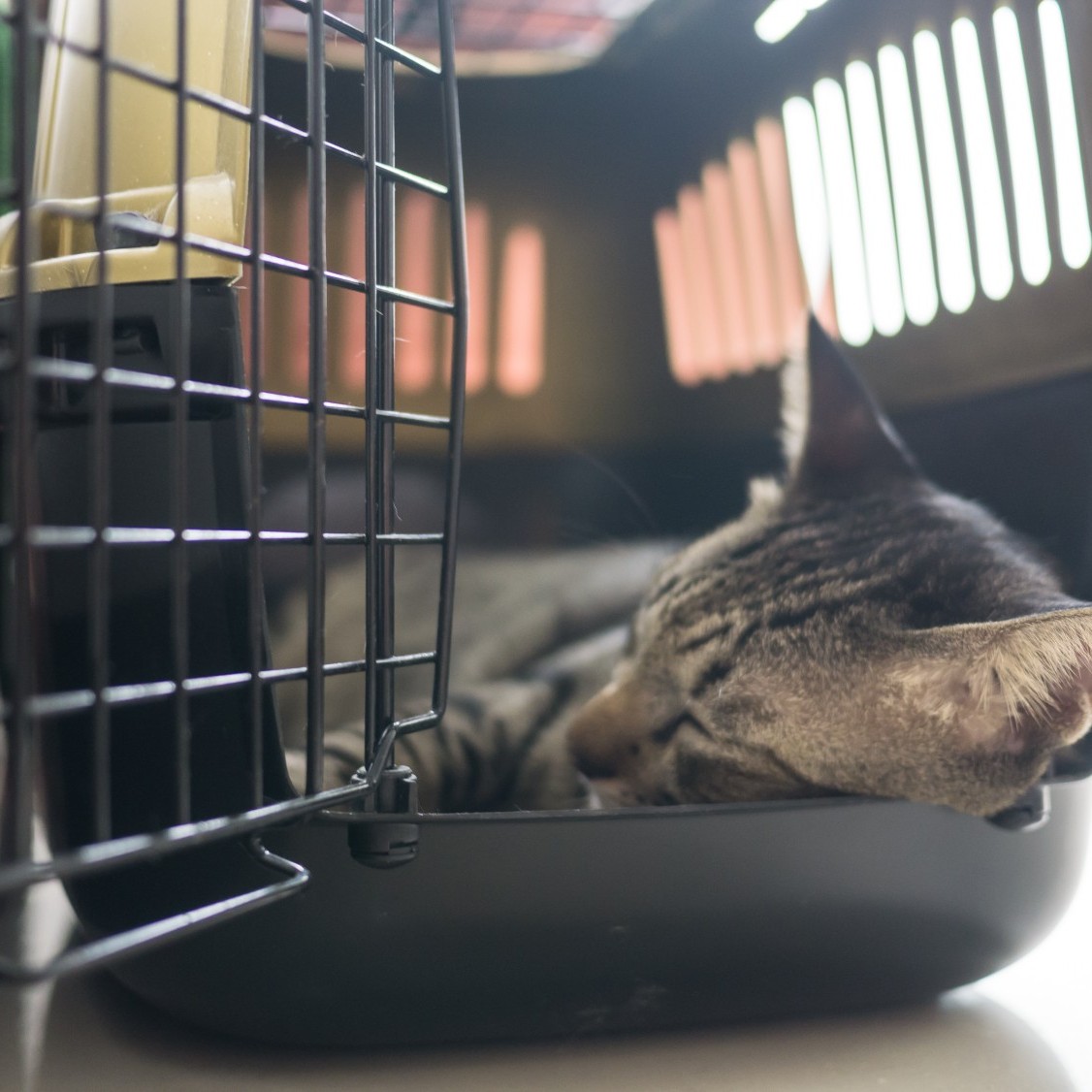 At the end of your pet's trip, you may be tempted to treat them to a large meal. Unfortunately, that may not be in the best interest of your pet. Feeding a large meal after a trip can lead to digestive upset. Likewise, your pet's excitement may cause them to eat too quickly, leading to risks such as choking.
At the end of your pet's trip, you may be tempted to treat them to a large meal. Unfortunately, that may not be in the best interest of your pet. Feeding a large meal after a trip can lead to digestive upset. Likewise, your pet's excitement may cause them to eat too quickly, leading to risks such as choking.
Instead of rewarding your pet with a large bowl of food at the end of their journey, consider breaking up their food into several smaller meals. This can help prevent your pet from eating too much too quickly and give your pet time to adjust to their new environment.
It may take your pet a few days to get settled after they arrive. The stress of transport and a new environment can change your pet's appetite and make their stomach feel a little uneasy. Because of this, it's critical to avoid changing your pet's diet in the first week after transport. If you are unsure if your pet's regular diet will be available at their destination, you may want to send them with a week's worth of food. This will ensure your pet has plenty of their regular food once they arrive and allow for a smooth transition.
What About Water?
While food is essential, hydration is also crucial for keeping your pet healthy during their trip. Before transport, make sure your pet has access to water and is consuming a normal amount.
Some owners fear that allowing their pets to drink will increase the risk of bathroom accidents during transport. While excessive drinking can cause a full bladder, restricting water access is not recommended. Water restriction can lead to dehydration and other severe medical conditions. Instead, it is best to provide normal access to water and make sure your pet has plenty of opportunities to go to the bathroom before their trip.
Your pet's water requirements during transport will depend on the length of their trip. When possible, it is best to provide access to water at all times.
This is best done by using a water bowl that you can secure to your pet's transport carrier. You can also talk to your transporter to determine how and when they will provide water during the trip.
Even when offered water, many pets are too stressed to drink during transport. Because of this, they may be very thirsty at the end of their journey. Always offer your pet fresh water when they arrive. However, it's essential to make sure they do not drink too much too fast. Similar to feeding, offer small amounts of water at a time. This allows your pet to get the hydration they need and reduces the risk of water overload.
Summary
At Wise Move, we want to ensure your pet has a safe and healthy transport experience. Understanding when and how to feed your pet for transport is essential for providing your pet with the best possible care. Avoid feeding large meals before a trip and consult with your veterinarian if your pet has specific medical needs. Always make sure your pet has appropriate access to food and water during and after their trip.
We hope this article has provided some helpful tips and a better understanding of feeding your pet for transport.
Sources
https://www.mpi.govt.nz/dmsdocument/1407-Transport-within-New-Zealand-Animal-Welfare-Code-of-Welfare
What do our customers say?


For every (wise)move
